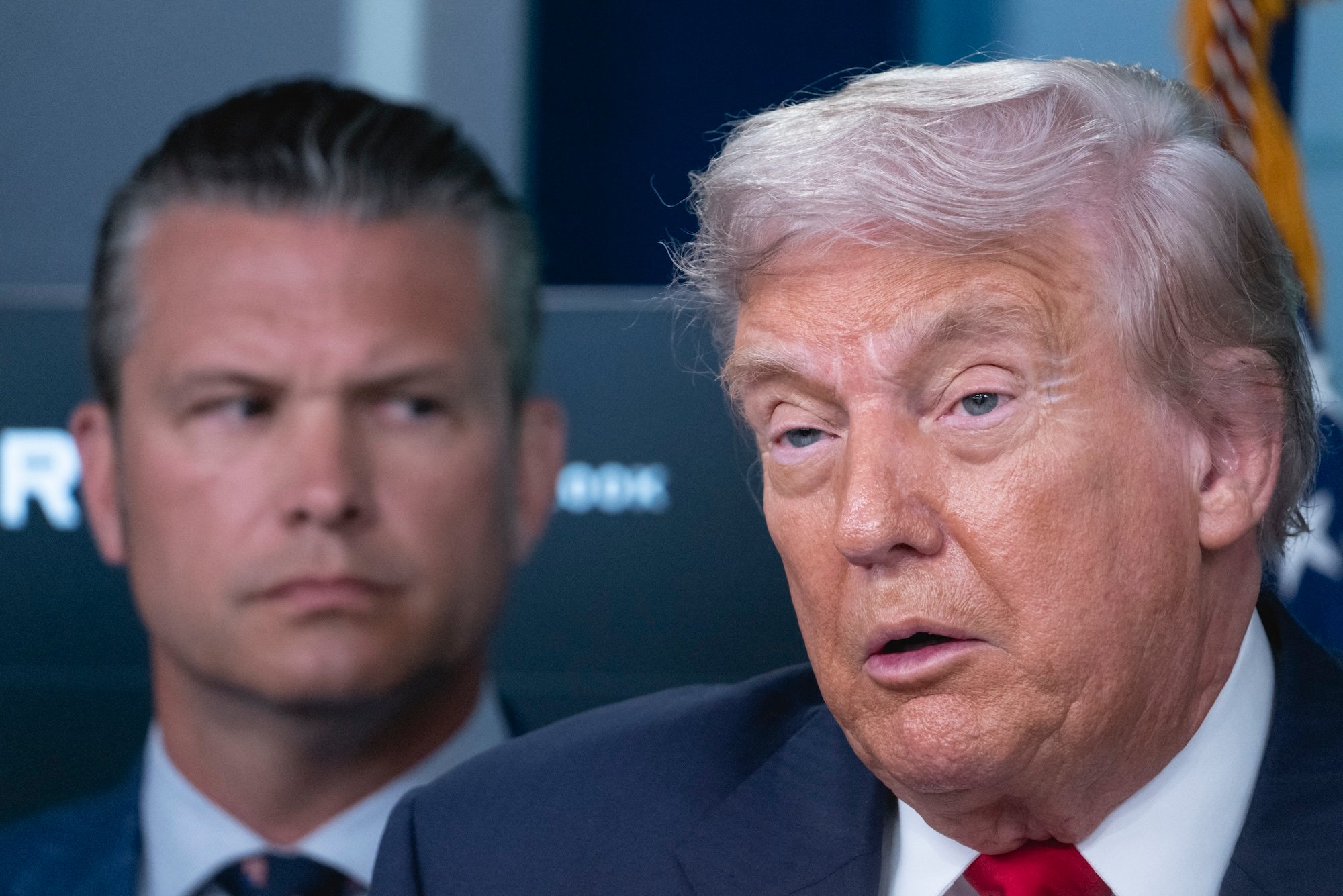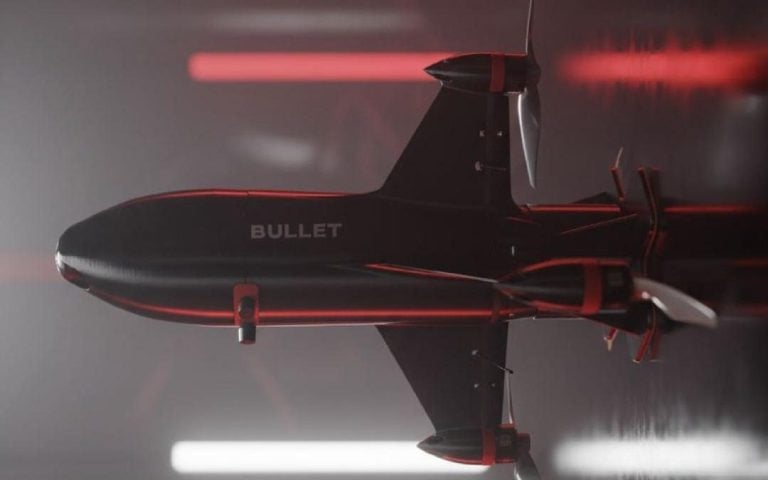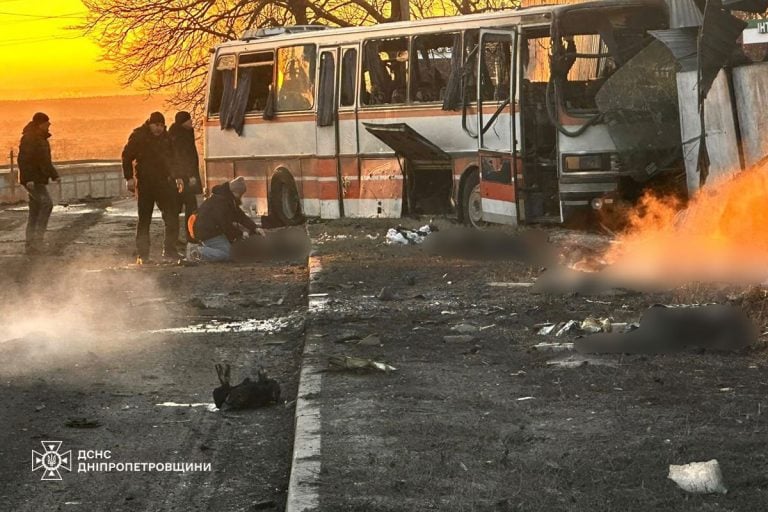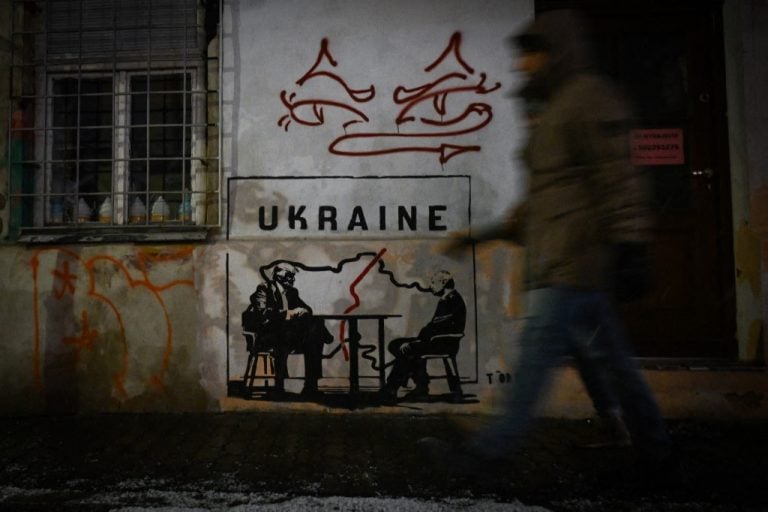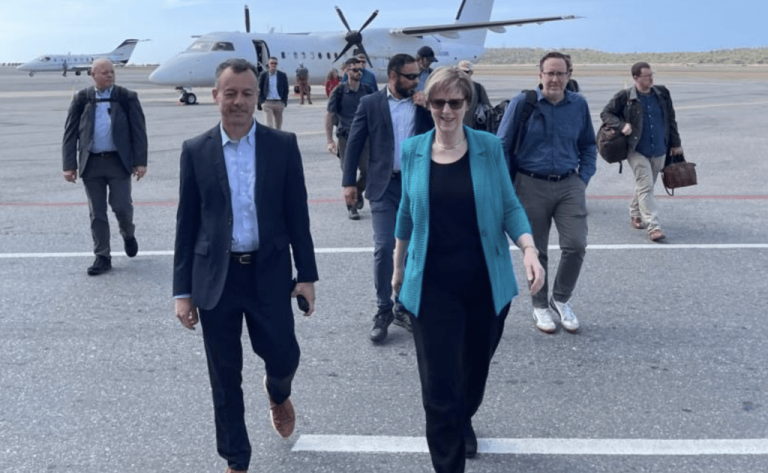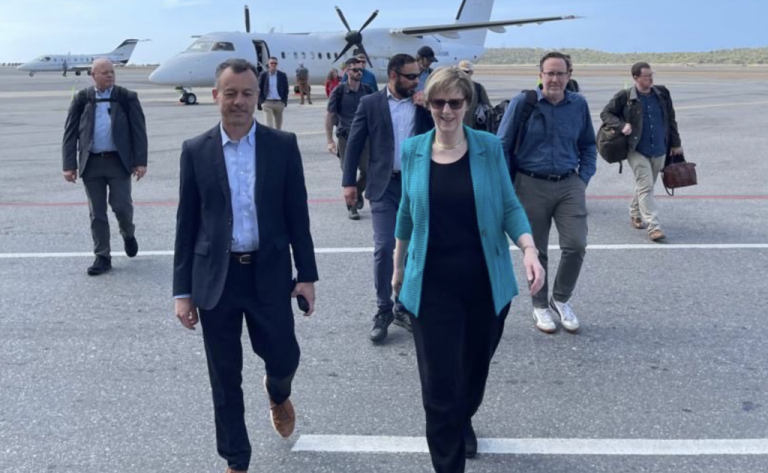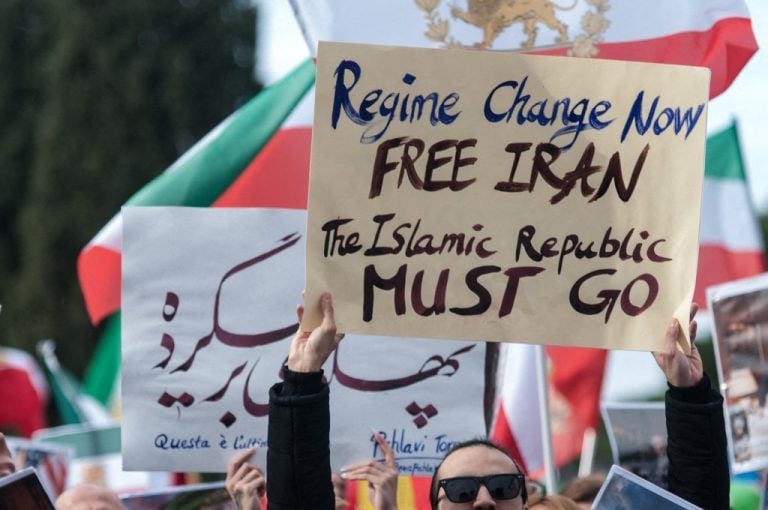In a significant escalation of tensions with Venezuela, US President Donald Trump announced plans to intensify efforts to combat drug trafficking originating from the country. During a video conference with US troops marking the Thanksgiving holiday, Trump indicated that operations to halt land-based trafficking would commence “very soon.” This move is part of a broader anti-drug campaign dubbed “Southern Spear,” which has seen a notable military presence in the Caribbean.
Addressing airmen from a Texas-based bombing unit, Trump highlighted ongoing efforts to deter Venezuelan drug traffickers, stating, “In recent weeks, you’ve been working to deter Venezuelan drug traffickers, of which there are many.” However, details on the specific actions being taken were not immediately available.
The US has already conducted several airstrikes targeting vessels accused of drug trafficking in international waters, resulting in the deaths of at least 83 individuals, according to an AFP tally. Washington has also demonstrated aerial force in the region, deploying B-52 and B-1B bombers close to Venezuela’s coast.
Trump further claimed that the US had “almost stopped” drug trafficking by sea, attributing an 85% reduction to current operations. He expressed confidence that land operations would be simpler and would commence shortly.
This announcement arrives amid ongoing pressure from the Trump administration on Venezuela, despite the president’s previous indications of a willingness to engage in dialogue with Venezuelan leader Nicolás Maduro. The situation is further complicated by the designation of a Venezuelan drug cartel as a foreign terrorist organization and the recent presence of top US military officials in the Caribbean.
On the ground, Defense Secretary Pete Hegseth spent the holiday with troops aboard an aircraft carrier, demonstrating the administration’s commitment to counter-narcotics efforts while serving Thanksgiving meals to service members. Additionally, the Dominican Republic, a US ally, has expressed support for US operations, offering access to an airbase for counter-narcotics initiatives.
In response to the heightened military activity, Maduro has portrayed the US efforts as a covert attempt to destabilize his government. He has conducted military exercises and organized mass rallies aimed at showcasing his authority and garnering popular support.
The escalating military tensions have led to considerable disruptions in air travel to and from Venezuela. Following safety warnings from the US Federal Aviation Administration (FAA), six major airlines suspended flights to the country, citing deteriorating security conditions and increased military operations. In a retaliatory move, Venezuela’s aviation authority banned these airlines for what it termed “joining the actions of state terrorism promoted by the United States government.”
Portugal’s Foreign Minister criticized Venezuela’s response as disproportionate, asserting that the suspension of flights was purely a security precaution. Airlines like Iberia have expressed hopes to resume services as soon as safety conditions improve, with reports indicating that the flight cancellations have impacted more than 8,000 passengers across at least 40 different flights.
While a limited number of flights continue to operate from Venezuelan companies, the overall situation is indicative of rising international tensions and the complex interplay of military and diplomatic relations surrounding Venezuela’s controversial leadership and its implications for regional stability.
